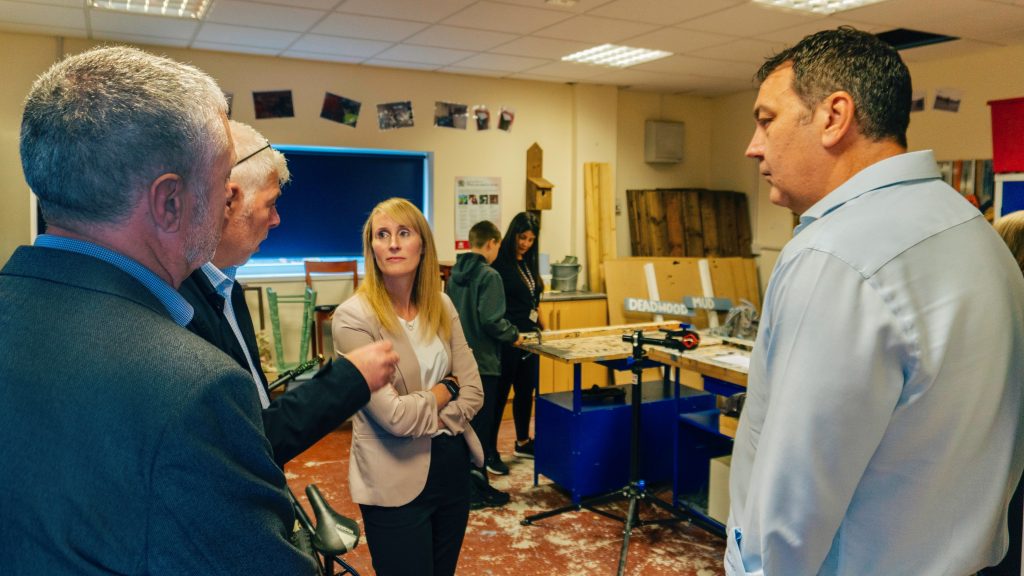A successful scheme aimed at young people who have come to the attention of the police for the first time has been given funding for a further three years.
Cleveland Police and Crime Commissioner (PCC) Steve Turner has agreed to fully fund the Youth Triage project until March 2025.
Hartlepool Youth Justice Service, South Tees Youth Justice Service and Stockton Youth Offending Team deliver the £480,000 project to the region’s 10 to 17-year-olds.
Youth Triage has been running for several years and has already proved to be a major success.
This year is the first year that the PCC has provided longer-term funding to the project. Previously, the OPCC funded it on an annual basis.
Lower re-offending rates
Data from the Office for National Statistics (ONS) shows young people in Cleveland have a re-offending rate of 40.5%. This is higher than the England and Wales average of 33.6%.
Each re-offender went on to commit an average of 4.34 further offences. As a result, this created more victims, more problems in Cleveland’s communities and stretched police resources further.
However, re-offending rates for under-18s, who have been through Youth Triage, are less than half of Cleveland’s rate for juvenile re-offending.
Last year, 283 young people took part in a Youth Triage programme – a 22.5 per cent increase on the previous year.
Cleveland PCC Steve Turner said: “I am pleased to offer longer term funding to the Youth Triage project.
“I believe everyone deserves a second chance in life and securing the future of Triage means more young people will be able to access it with the help of skilled professionals.”
Youth Triage aims to reduce the number of first time entrants into the criminal justice system, cut re-offending rates and tackle crime and community safety issues at a local level.
Ultimately, it aims to prevent today’s young offenders from becoming the persistent offenders of tomorrow.
A number of agencies work together to make sure information is shared and the young person’s needs are at the heart of every individual programme.
If a young person is referred to Triage, they work with staff on a range of issues such as mental health, drugs, alcohol, mental health, and education training and employment.
Each young person has a bespoke programme with sessions addressing topics like victim awareness, offending behaviour and peer pressure. In the past year, Cleveland’s three youth offending services have delivered more than 400 interventions between them.
Encouraged to give back
Staff encourage young people to give back to the community with reparation as part their individual programmes. Reparation involves a young person by taking part in a range of activities. In the past, they have included supporting communities to maintain Cleveland’s beaches and volunteering at food banks.
All reparation work is based on the needs of victims and the wider community.
If a young person agrees to engage with Triage, police will not prosecute.
That means they will not have a criminal record, which can create barriers when later applying for colleges, universities, apprenticeships or jobs. All of these barriers can increase the likelihood of young people going on to re-offend.
If a young person does not engage with their individual programme, they can be referred back to Cleveland Police for further action.

Close working relationship
Kay Dargue, Head of Partnerships and South Tees Youth Justice Service, said: “The introduction of Youth Triage has had a significant and positive impact upon the number of young people entering the criminal justice system.
“The three Cleveland YOTs have developed a close working relationship with the OPCC. We are delighted to receive ongoing funding for such an important programme.
“It is reassuring to have the support of a PCC who places value in prevention, diversion and intervening early.
“This funding will not only enable Triage to continue but assist the development of a Cleveland-wide offer.
“This will ensure young people are matched to the best option to address and challenge their behaviours. “It will also ensure that we can maximise the engagement of victims in our work
